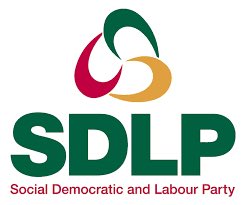It's also worth pointing out where opinions about ergodicity economics (EE) differ, or, first, where something is an opinion, not a fact.
I'll start.
Opinions differ about the way and extent to which the conceptual problems highlighted by EE affect the state of different branches of economics today.
At the extreme end, it has been suggested that the errors are irrelevant and have not influenced economic theory.
Those who control what is published in economics journals believe that the errors should not be discussed.
In rare cases, the 300-year-old errors can be clearly identified as the root cause of later errors.
An example is Menger's work of 1934, where he proves (erroneously) that utility functions must be bounded.
In the writings of some modern economists we can glimpse that something is wrong with Menger's result.
Harvard professor John Campbell wrote in 2018 that Menger's result is now "routinely ignored."
The Kelly criterion is a natural route into ergodicity economics. It optimizes the average ergodic growth rate under multiplicative dynamics and is a well-known technique used by gamblers and investors to great financial advantage.
Kelly was ridiculed by Samuelson, to the detriment of the discipline, in a mono-syllabic polemic.
Others have suggested that Bernoulli's error is not an error but was intentional, i.e. he suggested something quite different from expected-utility theory, and instead started the field of prospect theory.
Others, again, have suggested that Bernoulli's error indeed should be thought of as an error, and that prospect theory, insofar as it follows Bernoulli, should be revised.
Kahneman took things in a different direction and missed the ergodicity problem.
But his starting point is correct: Bernoulli must be questioned: he meant to optimize expected utility changes and failed to formally write down the correct expression for this.
Later phrasings of expected utility theory, e.g. v. Neumann and Morgenstern, state that the absolute value of utility is irrelevant, a constant of integration.
What's optimized is something dynamic: changes in expected utility, which can be mapped to ergodic growth rates.
Some economists feel that their work has nothing to do with time averages and expectation values; they don't use expected utility theory or equilibrium assumptions. Why then should they revisit the foundations of the field? Maybe out of curiosity, or to double-check.













